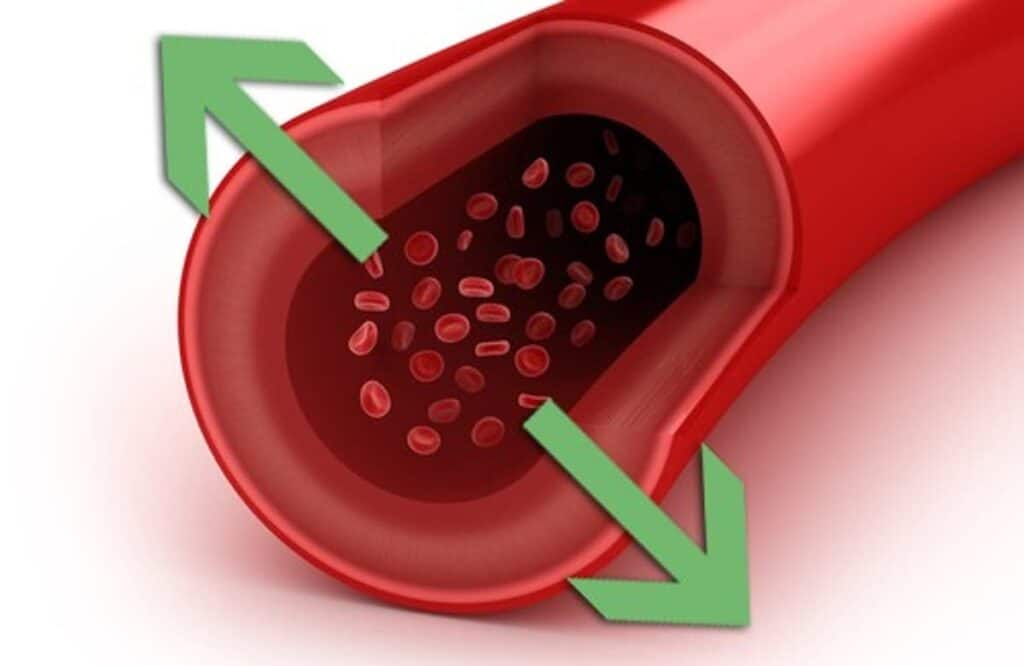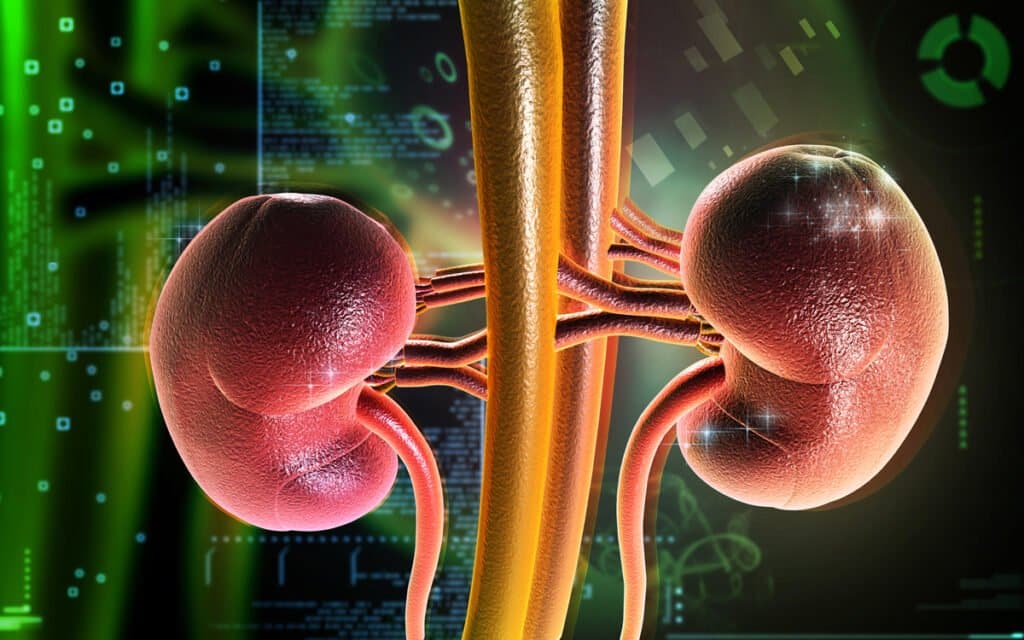A recent study presents an experimental procedure that uses ultrasound pulses to target kidney nerves and lower patients’ blood pressure, doing for them what drugs alone could not.
“These results suggest that renal denervation has the potential to become an important adjunct to pharmacotherapy”, he said in a press release Ajay Kirtane, lead author of the research.

High blood pressure, a serial killer
As blood moves through the circulatory system, it pushes against the walls of the arteries. Blood pressure is a measure of this force, and if it is high blood pressure, it can damage arteries and lead to heart attacks or strokes.
Over 1.5 billion people around the world suffer from high blood pressure (or “hypertension”). A fact that should not be overlooked, because it kills more than 8 million people every year.
—
Although many people are able to manage the disease with medication, about 20% of people suffer from so-called “resistant hypertension,” hypertension that does not respond well even to aggressive treatment.


What is renal denervation for high blood pressure?
The arteries leading to the kidneys contain nerves that help regulate blood pressure. These kidney nerves tend to be overactive in people with high blood pressure. For this reason, doctors sometimes prescribe drugs to reduce their activity.
The renal denervation is a treatment designed to help people who do not respond to these medicines.
During the procedure, a device is inserted into an artery in the patient’s leg through a catheter. It then follows the artery to the kidneys and uses radio frequencies or ultrasound waves to interrupt the kidney nerves.
Columbia University study


As part of the research, 136 people with resistant high blood pressure, who were prescribed the same three drugs, were treated with renal denervation with ultrasound or a sham procedure.
—
Two months later, the blood pressure of the treatment group had dropped more than twice that of the control group: 8 points against 3 points.
The next steps
The researchers plan to follow the trial participants for five years and see if the positive impact of renal denervation is permanent and potentially life-saving.
For patients with drug-resistant hypertension, an 8-point drop in blood pressure, if maintained for long-term follow-up, will almost certainly help reduce the risk of heart attack, stroke, and disease. ‘other adverse cardiac events.
Ajay Kirtane, Columbia University
Renal denervation is still an experimental procedure.
Results of this recent Columbia University study (here it is) suggest that it is definitely worth moving on.
–


